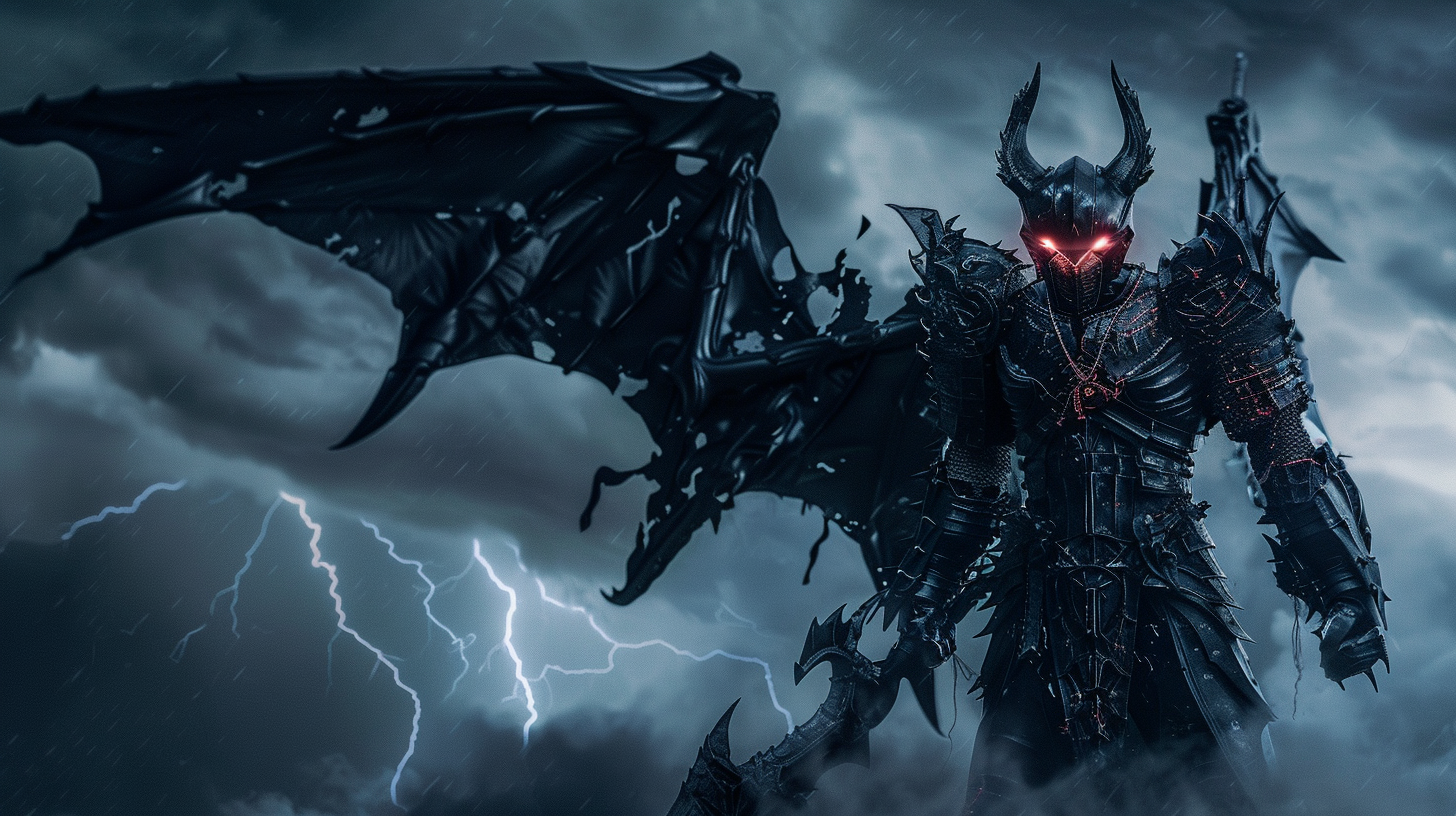Live service games, from MMORPGs to battle royales and action RPGs, are designed for long-term engagement, keeping players coming back for months, even years. While compelling gameplay and social features are crucial, their enduring appeal is often rooted in a meticulously crafted psychology of grind and progression. This isn’t just about loot boxes; it’s about the systematic creation of habits, the promise of incremental rewards, and the strategic layering of progression systems that ensure there’s always “one more thing to do” – an endless quest for digital betterment.
1. The Power of Habit Loops: Daily and Weekly Quests
Live service games excel at establishing strong behavioral habit loops:
- Daily/Weekly Quests: These are the backbone of engagement. They provide clear, short-term objectives (e.g., “win 3 matches,” “collect 10 rare items”) that reset regularly.
- Psychology: They offer consistent, achievable rewards, creating a sense of accomplishment. The “fear of missing out” (FOMO) on these rewards reinforces daily logins. They turn playing the game into a routine, like checking social media.
- Login Bonuses: Simple but effective, offering small rewards just for logging in. This lowers the barrier to re-engagement and reinforces the habit.
2. Layered Progression Systems: Always Something to Chase
Beyond character levels, live service games stack multiple progression paths to provide endless goals:
- Character/Account Level: The fundamental progression, unlocking new features or content.
- Gear Score/Power Level: A continuous climb where players constantly seek better equipment, often through RNG-based drops.
- Battle Passes: Seasonal progression tracks offering cosmetic and sometimes in-game rewards for playing and completing challenges. They provide a clear visual path of progression and often a “premium” track for paying players.
- Reputation/Faction Grinds: Earning favor with specific in-game factions to unlock unique items or abilities.
- Cosmetic Collections: Skins, emotes, mounts, pets – providing a separate, often monetized, avenue for progression and personalization.
- Ranked Ladders/Competitive Tiers: For competitive games, the pursuit of higher ranks offers social validation and a challenge based on skill.
This multi-layered approach ensures that even if a player hits a “wall” in one progression path (e.g., can’t get a specific gear drop), there’s always another goal to pursue, preventing burnout from a single, monotonous grind.
3. Intermittent Reinforcement (again): The Unexpected Reward
While we’ve discussed this with loot, it’s broader than just gacha. Any randomized reward within a grind contributes:
- Random Drops: The unexpected legendary item from a random enemy, or a rare blueprint from a daily chest. This fuels the “just one more run” mentality.
- Crit Successes: Random chances for crafting to yield a superior item, or a bonus reward from a quest.
- The “Near Miss”: Getting a good, but not perfect, item keeps hope alive.
4. Social and Competitive Motivations: Playing with Others
The social fabric of live service games is a powerful driver for continued play:
- Guilds/Clans: Shared goals, social interaction, and a sense of belonging within a community foster loyalty and retention.
- Co-op & Competitive Play: Playing with friends or competing against others provides dynamic and unpredictable experiences that static content cannot. The desire to help friends, show off, or simply “keep up” is a powerful motivator.
- Seasonal Resets: Many games reset ranks or introduce new seasonal content, providing a fresh start and a reason for players to return and re-engage.
5. Content Treadmill and FOMO: The Constant Flow
Developers constantly introduce new content to maintain engagement:
- Seasonal Content: New maps, characters, quests, or game modes are rolled out regularly, providing fresh experiences.
- Limited-Time Events: These create urgency and leverage FOMO, encouraging players to log in and participate before unique rewards disappear.
- Power Creep: New content often introduces stronger items or characters, subtly encouraging players to engage with the new grind to remain competitive or enjoy the latest power fantasy.
The Endless Horizon
The psychology of grind and progression in live service games is a sophisticated engineering feat. By leveraging habit formation, stacking multiple rewarding progression paths, incorporating intermittent reinforcement, fostering social connections, and constantly introducing new content, developers create a compelling cycle of engagement. The “endless quest” ensures that players always have something to strive for, making these games not just a pastime, but a persistent digital companion in millions of lives.

